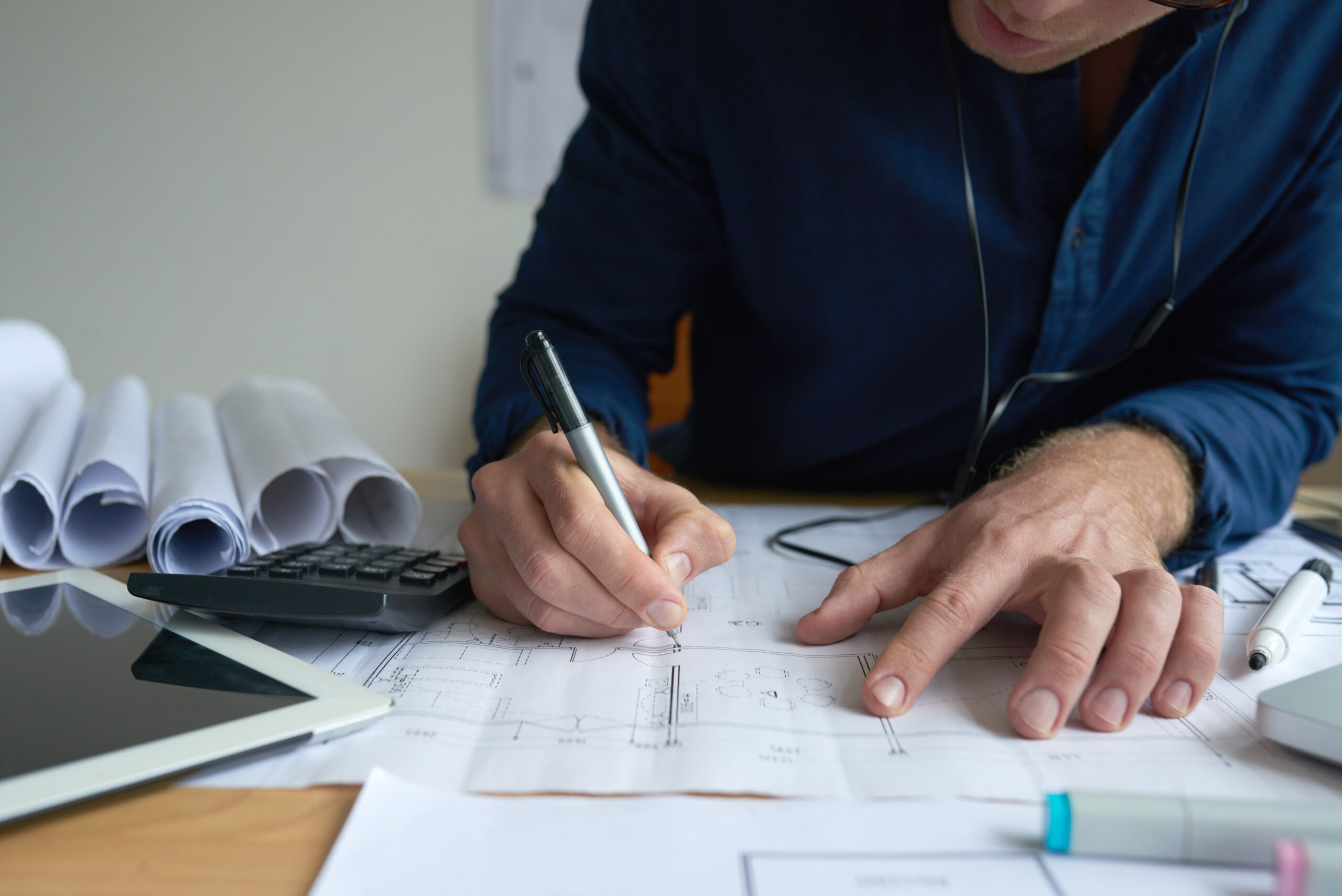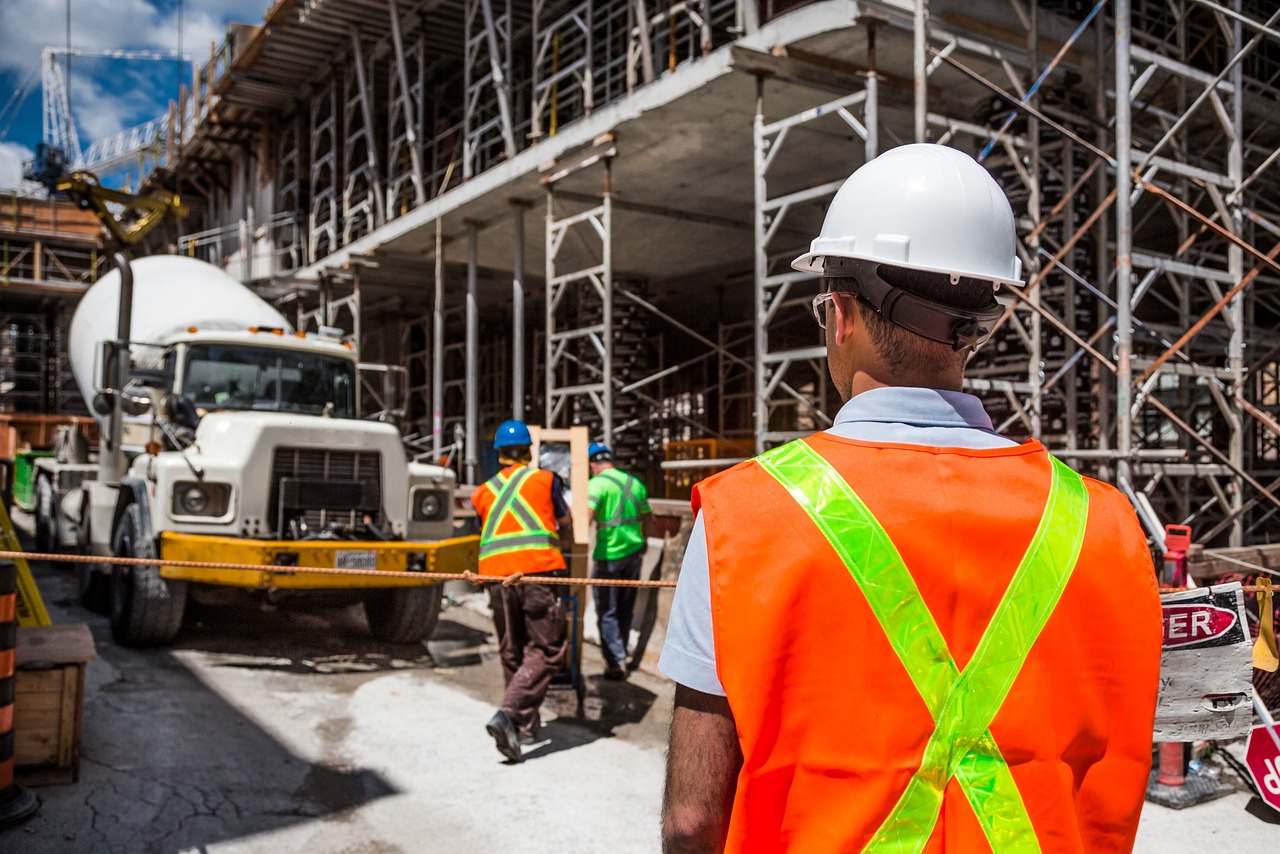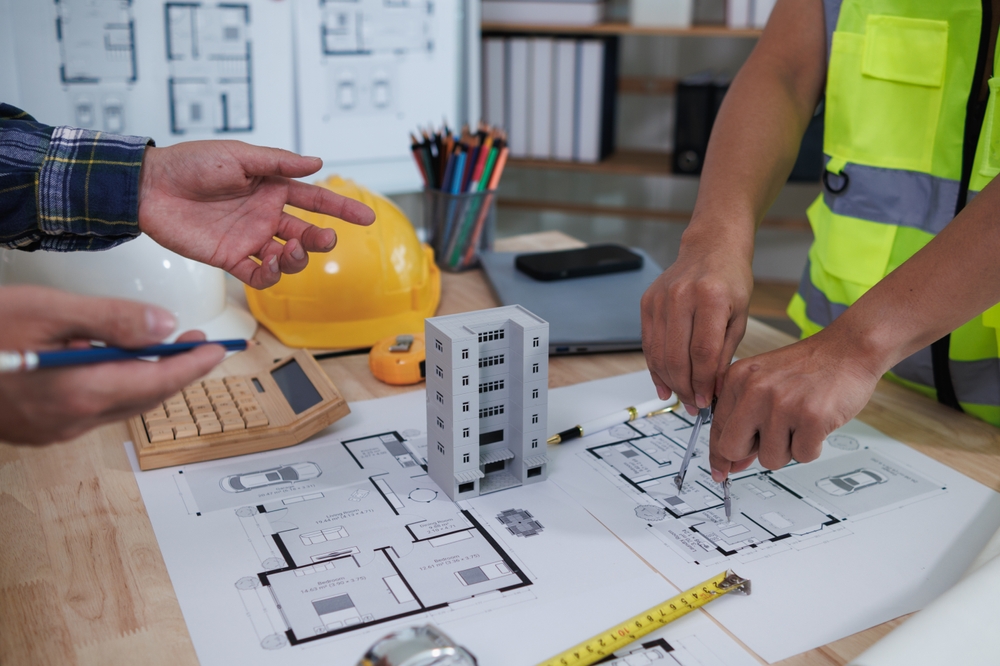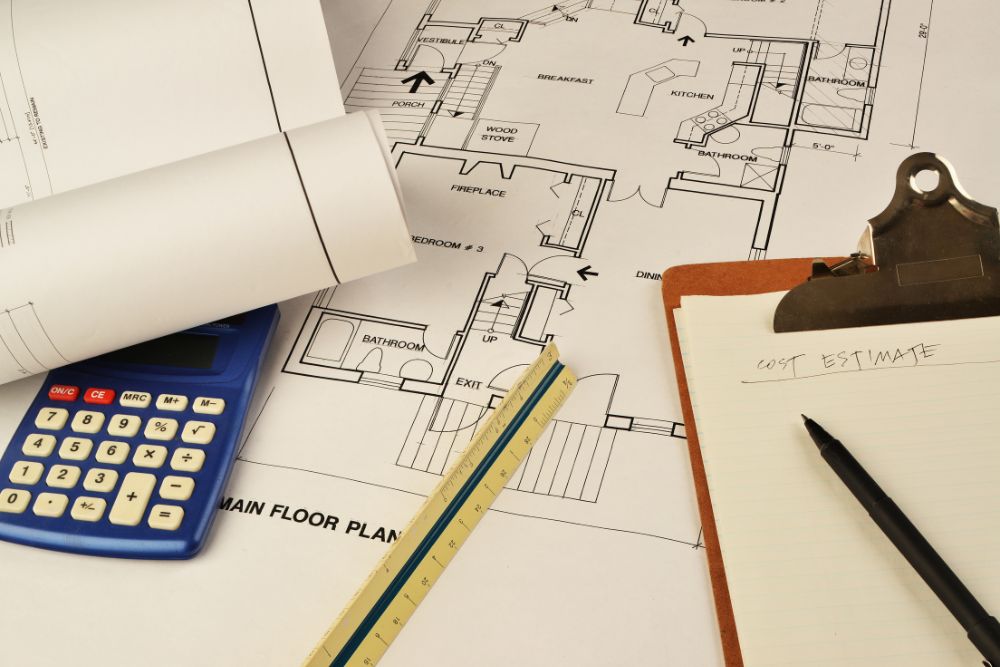How to Build an Effective Estimating Department is an important question for construction companies. A strong estimating department ensures accurate project costs, saves time, and improves overall efficiency. It also helps companies make informed decisions and stay competitive in a fast-changing construction industry.
An effective estimating team not only reduces errors in bids but also prevents budget overruns. It keeps workflows organized and efficient. The team carefully analyzes costs, materials, and labor to ensure optimal efficiency. At the same time, maintaining close collaboration with project managers, engineers, and vendors.
Building such a department requires clear goals, skilled staff, the right tools, and training. When a company focuses on these areas, it can achieve consistent success and long-term growth. In this guide, we will explore all the essential steps to build an effective estimating department.
What is an Effective Estimating Department?
An effective estimating department is a specialized team within a construction company. It is responsible for accurately calculating project costs, including materials, labor, equipment, and other expenses. This department ensures that bids are realistic, competitive, and profitable. It also improves project planning and financial control.
Beyond just working with numbers, an estimating department supports smarter decision-making and better collaboration. With the help of modern software, cost databases, and skilled estimators, the department prepares faster and more precise estimates. This helps every project run smoothly from start to finish.
Key Steps: How to Build an Effective Estimating Department
Building an estimating department requires careful planning and consideration. Each step shapes its efficiency and success. Here’s a complete guide.
1. Define Your Goals
Every department starts with a clear vision. Goals guide the team and help measure progress.
Set SMART goals, Specific, Measurable, Achievable, Relevant, and Time-bound, to provide clarity and accountability. Ensure these goals align with your company’s overall mission of growth and profitability. When aligned, your estimating department supports seamless collaboration and shared success across all teams.
2. Assess Current Resources
Before building, understand your starting point. Evaluate your team’s skills, available tools, and current workflow efficiency.
Evaluating Current Capabilities
First, evaluate your team’s skills, knowledge, and experience.
- Review your estimators’ technical knowledge and project experience.
- Check if existing software supports productivity.
- Identify any gaps that may hinder workflow.
Identifying Strengths and Weaknesses
Then, highlight what works well and what needs improvement.
- Strengths may include experienced staff or effective processes.
- Weaknesses could involve outdated tools or a lack of training.
- Focus on improving weak areas while reinforcing existing strengths.
3. Recruit the Right Estimators
A strong department depends on the right people. Hiring skilled professionals ensures accuracy and reliability.
Technical Expertise
Begin by identifying candidates with solid knowledge of construction and estimation.
- Seek candidates with education or certifications in construction management, engineering, or cost estimating.
- Prior experience in various project types adds valuable insight.
Attention to Detail & Problem Solving
Ensure your team is precise and can solve problems quickly.
- Estimators must be precise and adaptable.
- Use practical tests or interviews to assess analytical and problem-solving skills.
4. Develop Training Plans
Training is continuous. It ensures your team stays skilled and competitive.
Continuous Learning
First, provide opportunities for ongoing education.
- Encourage workshops, seminars, and online courses.
- Provide access to industry updates, new regulations, and software advancements.
Best Practices & Mentoring
Implement mentoring and certifications to reinforce skills.
- Support certifications like Certified Professional Estimator (CPE).
- Pair senior estimators with new hires for guidance and mentorship.
- Regularly update training programs based on feedback and trends.
5. Equip with the Right Tools
The right tools increase accuracy and save time. Technology is essential in modern estimating.
Cloud-Based Software
Start by adopting cloud-based estimating tools for efficiency.
- Adopt cloud-based estimating software for flexibility and real-time collaboration.
- Use tools with built-in cost databases, templates, and integrations.
Streamlining Workflows
Standardize processes to minimize errors and enhance efficiency.
- Standardize estimating processes to minimize human error and ensure accuracy.
- Integrate estimating tools with project management and accounting systems to streamline workflow. Automation enables estimators to focus on analysis rather than performing manual calculations.
6. Foster Collaboration
Teamwork improves estimates. Collaboration ensures accuracy and shared knowledge.
Creating a Collaborative Environment
Encourage teams to share skills and perspectives for better results.
- Assign estimators to teams for joint projects.
- Promote idea sharing and problem-solving discussions.
Open Communication
Next, maintain clear communication to keep everyone aligned and on the same page.
- Use digital project management tools for document sharing and updates.
- Hold regular meetings to discuss progress, challenges, and areas for improvement.
7. Continuous Evaluation
Regular evaluation ensures improvement. Feedback guides strategy and growth.
Regular Feedback
Begin by providing constructive feedback to your estimators.
- Provide constructive feedback through performance reviews.
- Celebrate achievements and learn from past challenges.
- Gather input from clients and project managers.
Measure Progress
Track metrics to monitor success and adjust your strategies accordingly.
- Use KPIs like estimate accuracy, on-time delivery, and client satisfaction.
- Adjust strategies, tools, or training based on these results.
8. Appreciate Successes
Recognition motivates the team. Celebrating achievements boosts performance and morale.
Boost Team Motivation
Start by acknowledging accomplishments to inspire commitment and motivation.
- Acknowledge both individual and team accomplishments.
- Celebrate milestones, big or small.
Recognize Achievements
Then, formally reward and celebrate milestones.
- Offer certificates, awards, or public appreciation.
- Consistent recognition fosters unity and long-term commitment.
 What Does an Estimating Department Do?
What Does an Estimating Department Do?
An estimating department prepares detailed cost estimates by reviewing project plans, drawings, and bills of quantities. It ensures that all project costs, materials, labor, and equipment are accurately calculated for profitable bidding.
Core Responsibilities
- Analyze project documents and quantities.
- Source competitive prices from suppliers and subcontractors.
- Negotiate with vendors and manage bid proposals.
- Clearly communicate cost details to clients and project teams.
To perform these duties effectively, estimators need strong analytical, mathematical, and communication skills, along with sound judgment and attention to detail.
Importance of an Estimating Department
Every successful construction project begins with a solid plan, and the estimating department plays a central role in achieving it. It connects planning, budgeting, and execution to ensure projects stay on track and within budget.
Aspect | Description |
Helps in Project Planning | Provides accurate cost details for materials, labor, and time to create precise budgets and schedules. |
Reduces Financial Risks | Prevents overspending and keeps projects within budget, saving both time and resources. |
Supports Competitive Bidding | Enables companies to prepare realistic and profitable bids, improving win rates. |
Improves Communication | Enhances coordination between managers, engineers, and clients through clear reports and cost data. |
Ensures Project Success | Reduces errors, controls costs, and contributes to overall profitability and growth. |
FAQs
What Are The Four Qualities Of A Good Estimator?
A good estimator should be detail-oriented, proficient in mathematics, and able to communicate clearly. They also require a strong understanding of construction methods and materials to prepare accurate and reliable cost estimates for every project.
How Can I Improve My Estimating Department?
Start by training your team regularly and updating your tools. Use modern estimating software and standardize your processes. Additionally, encourage teamwork and provide feedback to enhance accuracy.
What Software Is Best For Estimating?
There are several excellent options, including PlanSwift, Bluebeam, and ProEst. Select one that best suits your company’s needs. Cloud-based tools are often best because they allow real-time access and collaboration.
Why Is Training Important For Estimators?
Training keeps estimators updated with new methods, materials, and technologies. Continuous learning improves accuracy and confidence. It also helps your team stay competitive in the market.
What Is The Main Goal Of An Estimating Department?
The main goal is to prepare accurate and realistic project costs. This enables the company to plan budgets, control expenses, and complete projects successfully without incurring financial risks.
Conclusion
In conclusion, knowing how to build an effective estimating department is very important for any construction company. A strong department helps control costs, reduces mistakes, and improves project planning. To build it successfully, focus on hiring skilled personnel, utilizing the right tools, and fostering teamwork. These steps make your estimating process accurate and efficient.
If you need expert help, Prime Estimation offers construction estimating services. All our services are designed to suit every type of project.
Contact Prime Estimation today to receive accurate, detailed, and fast estimates that help your company stay competitive and profitable.


 What Does an Estimating Department Do?
What Does an Estimating Department Do?









